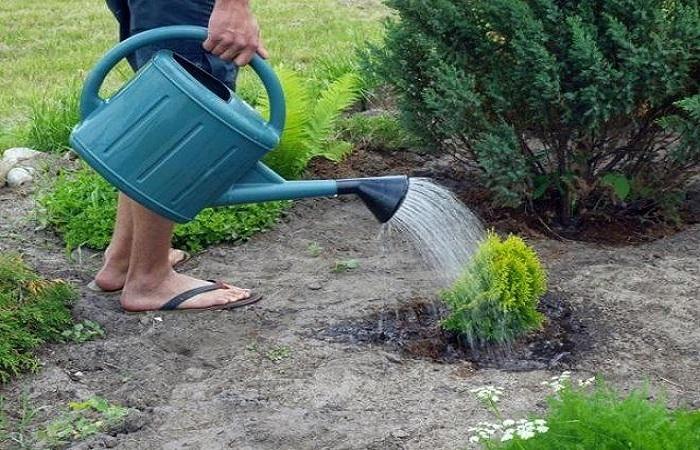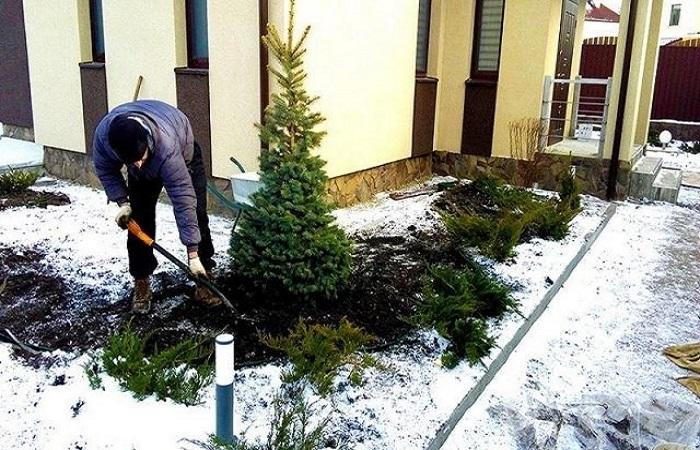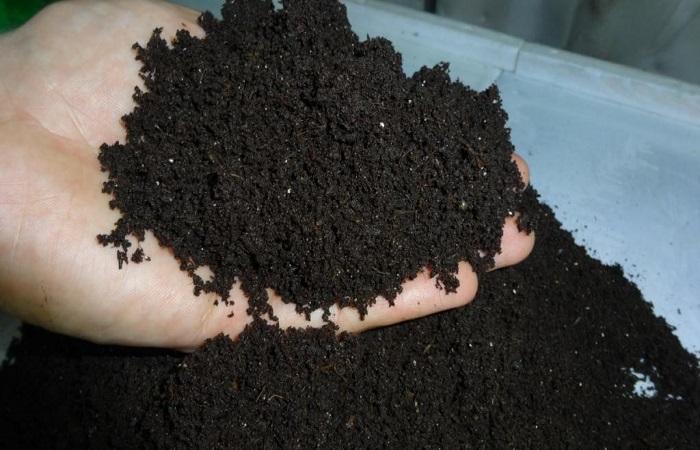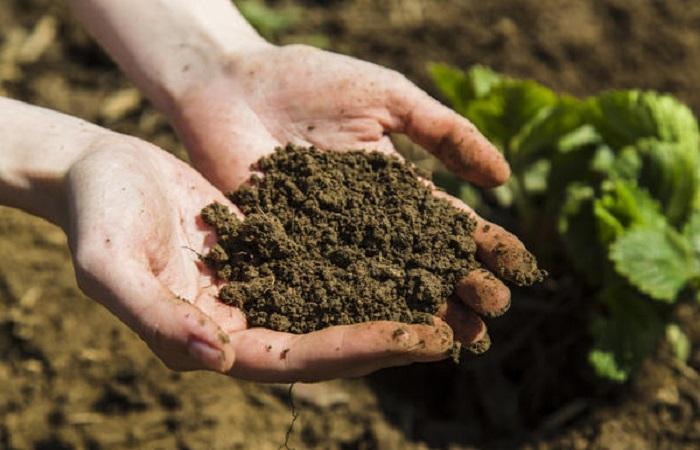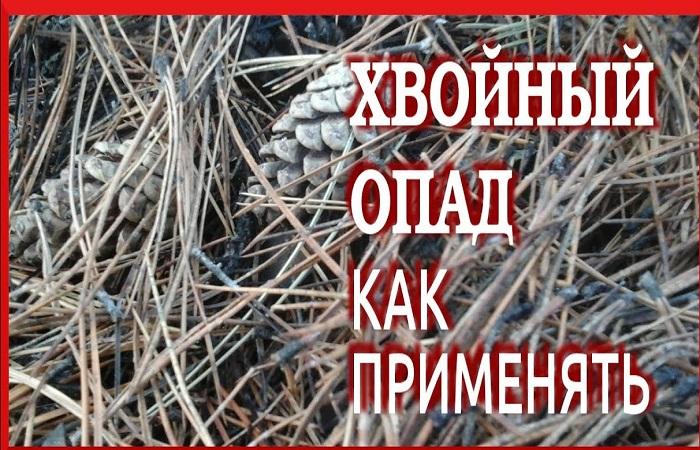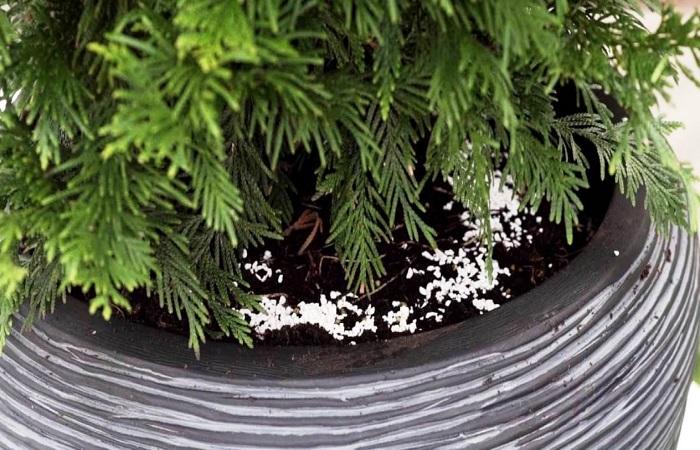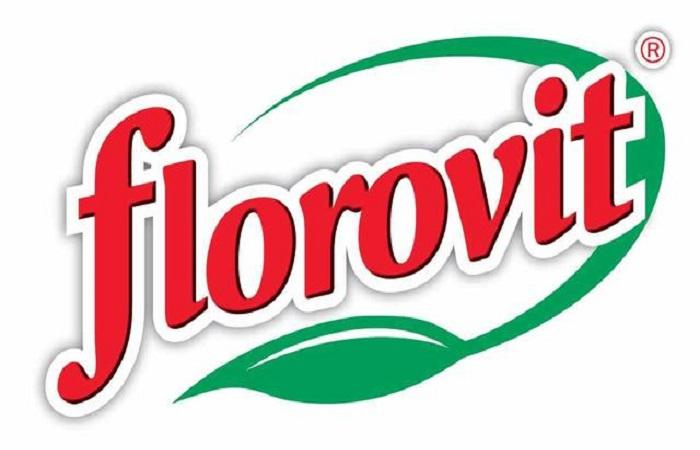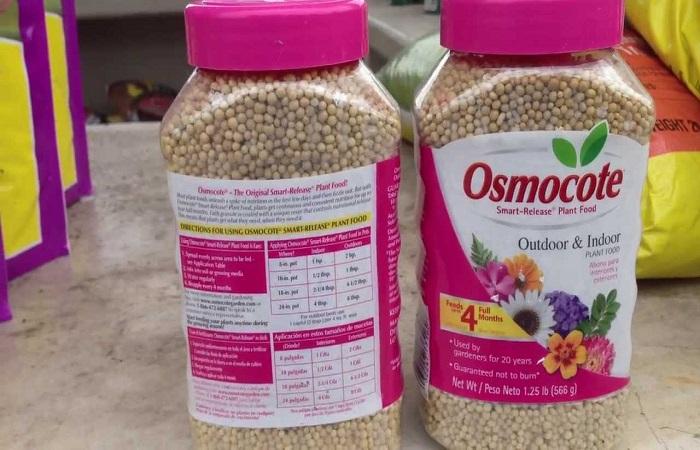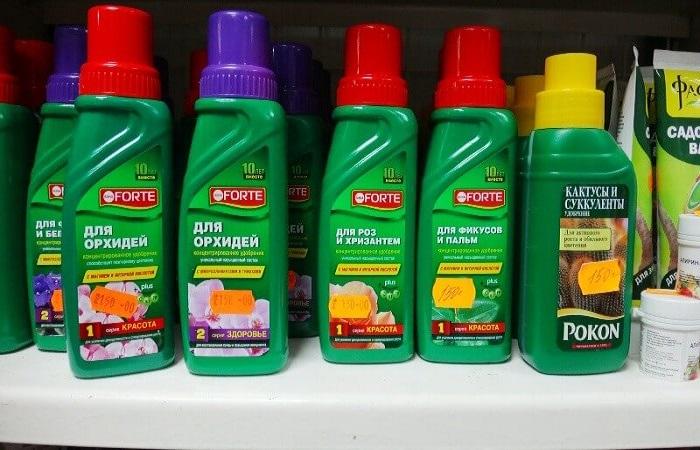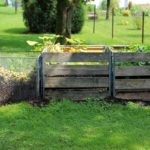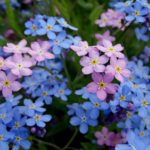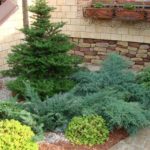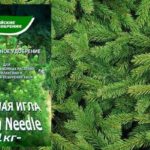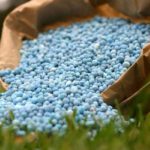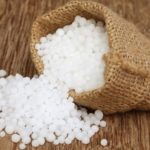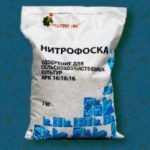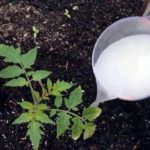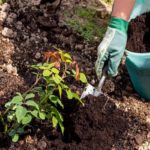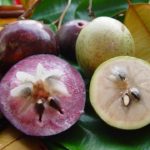Gardeners and summer residents often have a question: how can you feed conifers in the fall. This concern is due to the fact that it is believed that such plants do not need feeding in principle. This is not entirely true. Conifers can be hampered by excess nitrogen causing shoots to grow at the wrong time, causing them to suffer or die. Potassium, phosphorus and trace elements are important for them, as for other plants.
Work time
Coniferous plants are fed 2-3 times a year, trying not to overdo it with fertilizers and the frequency of feeding.
This is necessary in the following cases:
- Skinny, infertile soils.
- Saplings that are lagging in growth.
- Adverse weather conditions.
If conifers develop steadily, give normal growth, do not get sick, you can take your time with fertilizing. It is better to underfeed them than to overfeed them. Seedlings that are too “stuffed” with fertilizers lose their natural immunity and become more susceptible to diseases and pests.
To rehabilitate damaged and weakened conifers after wintering, fertilizers are applied in early spring. The next portion arrives at the end of July, in August. This helps the wood mature before winter. The last feeding should be carried out no later than a month before the onset of frost.
If compost is used, you can limit yourself to a one-time application of fertilizing.
How to feed conifers for the winter
In order not to harm conifers, they must be fed strictly according to the rules. They do not shed leaves in the fall, do not bloom and do not bear fruit in the narrow sense of the word, therefore they do not need frequent and abundant feeding. The type and quality of fertilizer come to the fore.
An abundance of nitrogen can lead to the development of chlorosis and the plant shedding its needles.
Mineral fertilizers
Conifers do not need to be fertilized with preparations containing nitrogen, except in cases of severe growth retardation. Nitrogen-containing fertilizers can be given only in the spring, otherwise the plant may grow late, and immature shoots will die from the first frost.
Fertilizers based on potassium and phosphorus are suitable for conifers.In the fall, phosphorus preparations should be given to promote the ripening of shoots, which helps plants survive cold winters.
Vermicompost
Vermicompost is the most effective fertilizer available in the form of granules, powder or liquid. It contains macro- and microelements useful for plant development. Such fertilizers are used in early spring and late summer, early autumn. You cannot be late with them, because the shoots may not ripen, and the conifers will suffer in the winter.
Organic
Organic-based fertilizers perform a dual function:
- They feed the plants.
- They mulch the soil, maintaining its looseness, promoting moisture retention and preventing the growth of weeds.
Features of fertilizer for individual species
When selecting preparations, it is necessary to take into account the individual characteristics of different types of conifers.
For pine
With an excess of nitrogen, plants form young shoots that do not ripen in the cold, which can lead to death in winter. Also, from nitrogen supplements, plants become chlorotic and form thin, weak branches. Therefore, pine trees are not fed with manure or green fertilizers.
Fertilizers should be applied for the last time before the onset of autumn, so that the shoots have time to complete growth and ripen.
For spruce
These plants need fertilizers with little or no nitrogen, even in the spring. Much more important is the presence of microelements, especially magnesium. You can feed twice a season, in early spring, after the snow melts, and in early autumn.
The dosage of fertilizer for pre-autumn application is reduced by half compared to the spring. It is better to underfeed conifers than to overfeed them.
Popular drugs
To feed conifers, preparations are used that contain a minimum of nitrogen, a lot of potassium and phosphorus, as well as microelements important for wood density, the formation of chlorophyll and maintaining the quality of needles.
"Florovit"
The Polish preparation is used for young plants 2-3 times a season, 4-15 grams each. Mature plants only need one feeding in the spring; Apply 30-40 grams of fertilizer per seedling.
Pros:
- "Florovit" for autumn conifers contains a minimum amount of nitrogen (5% solid nitrogen and 5% amide nitrogen).
- The product is available in granules that are easy to spread over the soil without first dissolving in water.
- Fertilizer enters the soil gradually, with precipitation or watering.
Minuses:
- Minimum content of microelements.
- High price.
- Imported goods.
Osmocote
This famous remedy has many admirers among gardeners in dozens of countries.
Pros:
- The safest fertilizer.
- Suitable for seedlings in pots and containers.
- Suitable for fast growing plants.
- Prolonged action.
Minuses:
- High price.
- Foreign product.
Bona Forte
The popular brand produces the widest range of fertilizers for different types of plants.
Pros:
- Domestic manufacturer.
- Affordable price.
- Ubiquitous.
- High quality and purity of products.
- Contents, in addition to the main macroelements, the most important microelements in chelated form, as well as magnesium, vitamins C, PP and B1, succinic acid.
- The composition promotes not only growth, but also the preservation of plant health, and prevents needles from turning brown and falling off.
Minuses:
- The composition contains nitrogen, so there is no need to add it to adult plants in the fall.
It is important to remember that only planted or transplanted plants, as well as those sick and weakened by pests, should not be fed.
Proper use of fertilizers will benefit coniferous plants, preserve their beauty and help them survive harsh winters.

